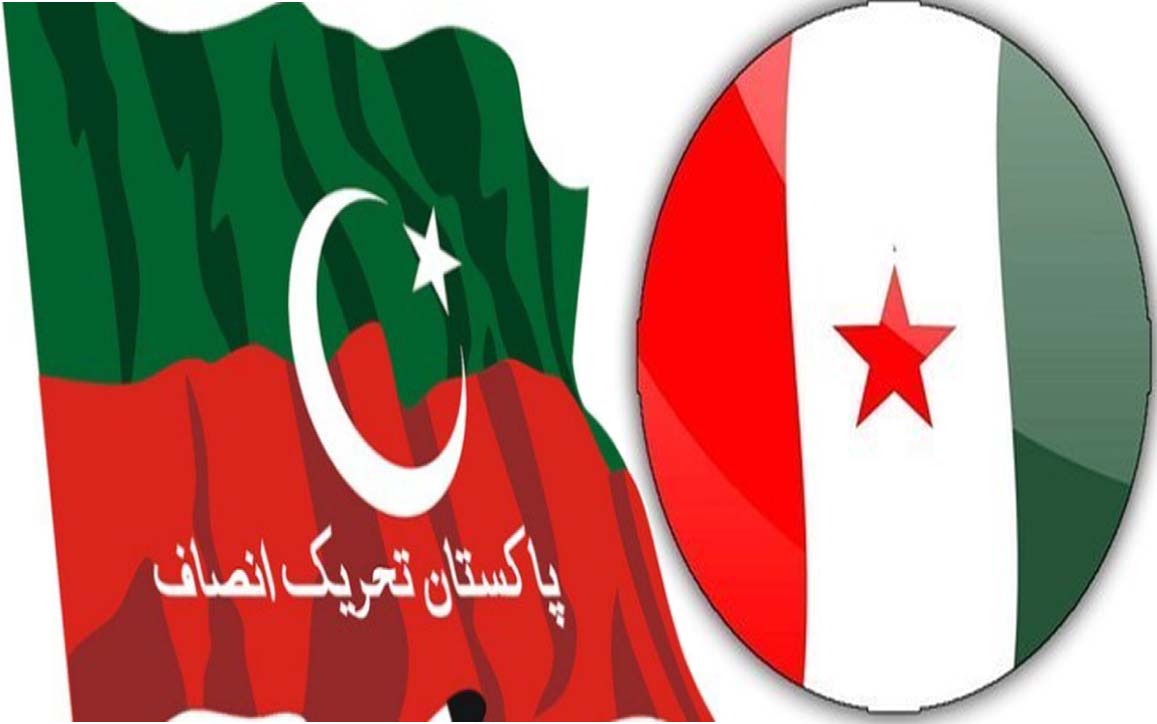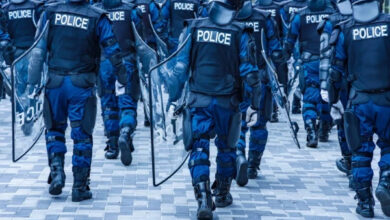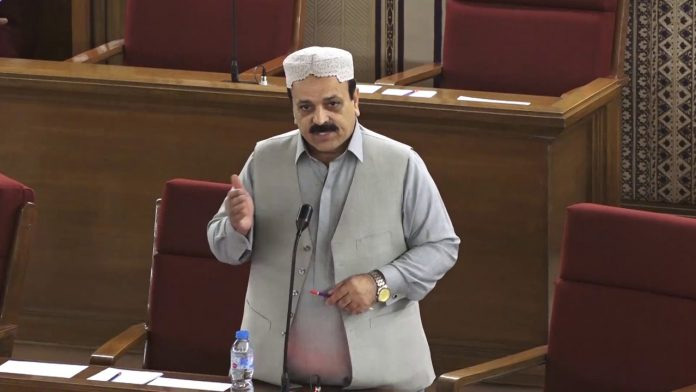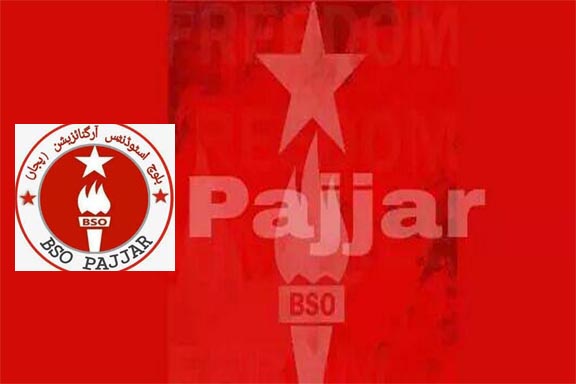Severe Cold Wave in Quetta and Surrounding Areas Disrupts Daily Life; Gas Shortage Adds to Misery
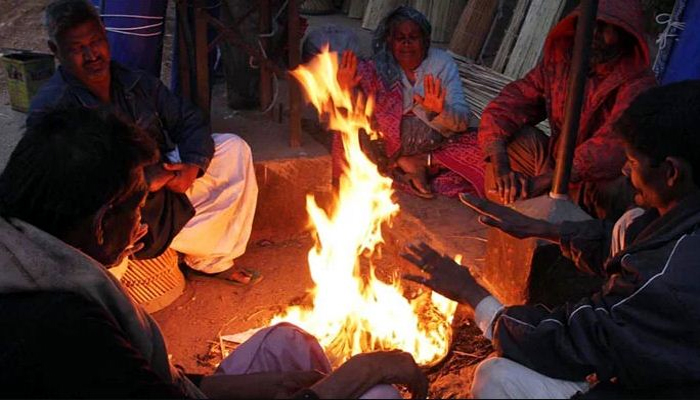
Quetta:The provincial capital of **Quetta** and surrounding areas are experiencing a bone-chilling cold wave, which has brought daily life to a standstill. The drop in temperatures has been exacerbated by icy winds blowing from **Siberia**, making conditions even more unbearable.
According to the **Metrological Department**, temperatures in **Ziarat** and **Kalat** have plunged significantly, with the mercury dropping to **-8°C** in Ziarat and **-7°C** in Kalat. In Quetta, temperatures have fallen to **-4°C**, leading to extreme cold weather conditions. The severe cold is causing major disruptions in the daily routines of citizens.
**Gas Shortage and Power Cuts:** Alongside the plummeting temperatures, the citizens of Quetta are facing a severe **gas shortage** due to **unannounced load shedding**. Many areas of the city, including **Saryab Road, Double Road, Sarki Road, Kansi Road, Mechanical Road, Gurdas Singh Road, Malibagh, Pashtunabad, Jinnah Town, Shahbaz Town**, and **Railway Housing Society**, have been experiencing gas outages, particularly from **11 PM to 5 AM**. In addition, the gas pressure during the day is also extremely low, causing immense inconvenience for the residents.
As a result of the gas shortage, residents, especially the elderly and children, are facing significant difficulties, and many are suffering from cold-related health issues. **Dr. Naseer Qadeer**, a renowned doctor in Quetta, advised citizens to consume **warm foods** such as soups and broths to combat the extreme cold. He also emphasized the importance of keeping children and elderly individuals warm to prevent cold-related illnesses. “There has been a noticeable increase in cold-related health issues, including chest infections, flu, and fever. Cold weather can also increase the risk of **stroke** and **heart attacks**,” said Dr. Qadeer.
The doctor further explained that cold temperatures cause blood vessels to constrict and reduce blood circulation. “People often fail to drink enough water in the winter, which leads to dehydration and thickening of the blood. It is essential to consume **warm drinks** and **lukewarm water** to stay hydrated,” he added. He also urged citizens to wear **warm clothing**, such as coats, blankets, socks, and scarves, to protect themselves from the cold.
**Metrological Department’s Forecast:** The **Metrological Department** has warned that the cold wave in Quetta and the northern areas of Balochistan is likely to intensify further, with temperatures expected to drop by **4-5°C** in the coming days. Citizens have been advised to take extra precautions to safeguard themselves from the extreme cold.
In conclusion, the people of Quetta and surrounding areas are facing a tough winter, with cold temperatures, a gas shortage, and health concerns making daily life challenging. Immediate measures are required to address these issues, including improved gas supply and health advisories for residents.


